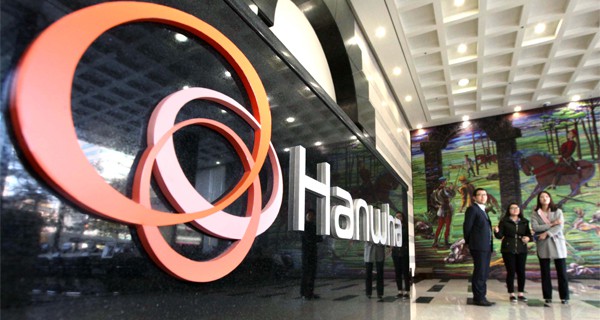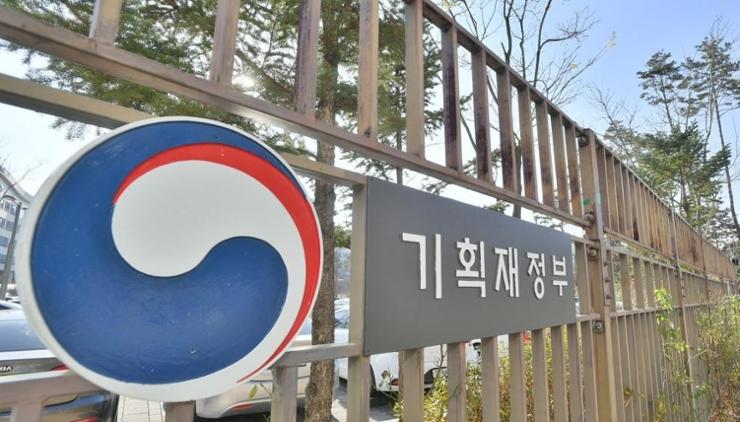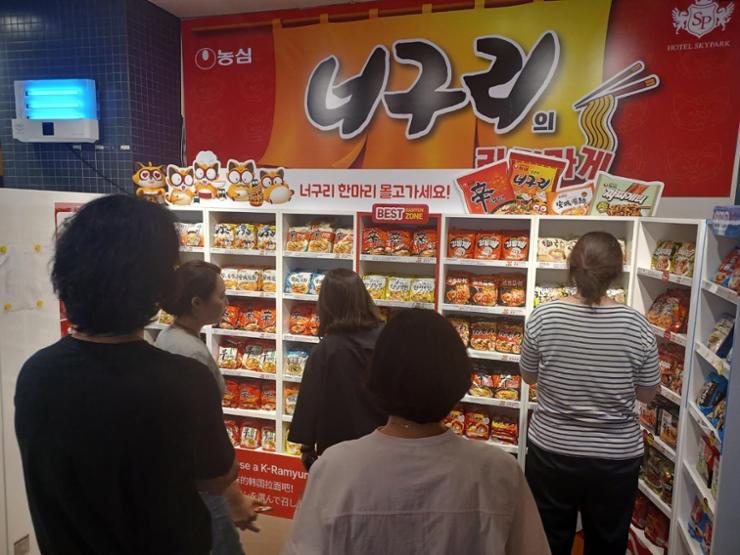An increasing number of companies in Korea are opting to delist from the stock market since the introduction earlier this year of the Corporate Value-up Program by financial regulators aimed at boosting undervalued stocks.
The decision of listed companies to exit, according to experts, Monday, comes as they find it increasingly challenging to meet the obligations outlined in the program. These responsibilities, however, are designed to ultimately benefit companies by enhancing their appeal to investors.
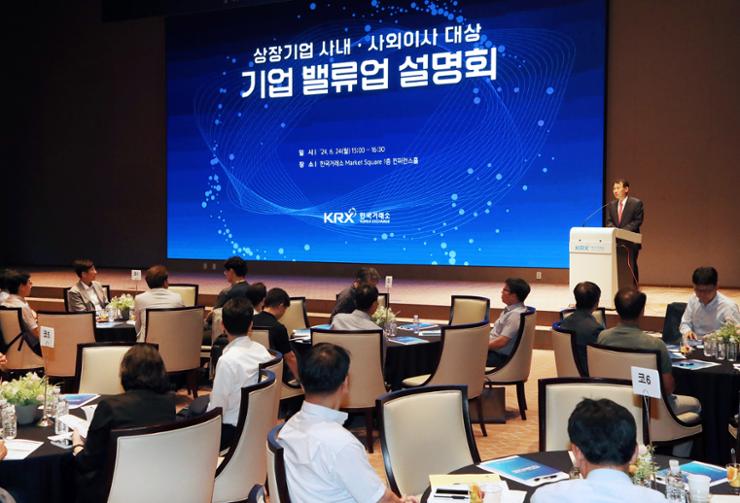
“In that sense, the Corporate Value-up Program is backfiring on listed firms,” said Kim Kyu-shik, director of the Korean Corporate Governance Forum, which monitors the transparency of stock market activities by corporations.
According to the Financial Supervisory Service’s (FSS) electronic disclosure system, a total of seven companies so far this year have either completed or are close to buying back a sufficient ratio of the shares they issued so that they can leave the stock market and go private.
The group includes three companies from the benchmark KOSPI — Shinsung Tongsang, Lock & Lock, and SsangYong C&E — and four from the secondary Kosdaq — Daeyang Paper, Jeisys Medical, ConnectWave, and TLI.
“Such a high number of companies in just over six months is surprisingly higher than in the past,” Kim noted, highlighting that this figure equals the total number of voluntarily delisted companies from 2022 to 2023 combined.
Hong Ki-hoon, a business administration professor at Hongik University, suggested that the seven firms this year “must have felt pressured” by increased obligations related to disclosures and shareholder returns outlined in the Corporate Value-up Program.
In the context of the stock market, a disclosure refers to the public release of all pertinent company information. This transparency enables investors to make well-informed decisions regarding their investments.
Under the program, the rule regarding disclosures was strengthened to enhance corporate governance. This initiative is aimed at addressing the “Korea discount,” a phenomenon where stocks in Korea are consistently undervalued compared to their global peers.
The program also seeks to enhance shareholder returns in Korea to address the issue of the Korea discount.
“The purpose of the program is highly valued, but at the same time, it seems to be providing some shareholders with an excuse to make excessive demands,” the professor said.
He said shareholder activism, although unsuccessful, was witnessed during the general meetings of shareholders of several companies this spring.
The activism mentioned involves shareholders using equity stakes in a corporation to put pressure on management.
“The pressure may increase in the years to come as enhanced shareholder returns are pursued under the Corporate Value-up Program,” the professor said.
Asking not to be named, a stock market analyst speculated that more listed companies “may be tempted to leave the stock market in the coming years unless financial regulators come up with favorable measures for them.”
>>> Tham gia đầu tư chứng khoán Hàn Quốc ngay hôm nay, tiếp cận thị trường mới và tìm kiếm cơ hội sinh lời lớn cùng các chuyên gia của Bucket-VN :
- Đăng ký tư vấn miễn phí và nắm bắt tín hiệu của thị trường chứng khoán Hàn Quốc tại: https://bucketvn.com/en/register/
- Đường dây nóng: 028 3636 6553
- Nhóm thảo luận trên Facebook: https://www.facebook.com/groups/bucketvn
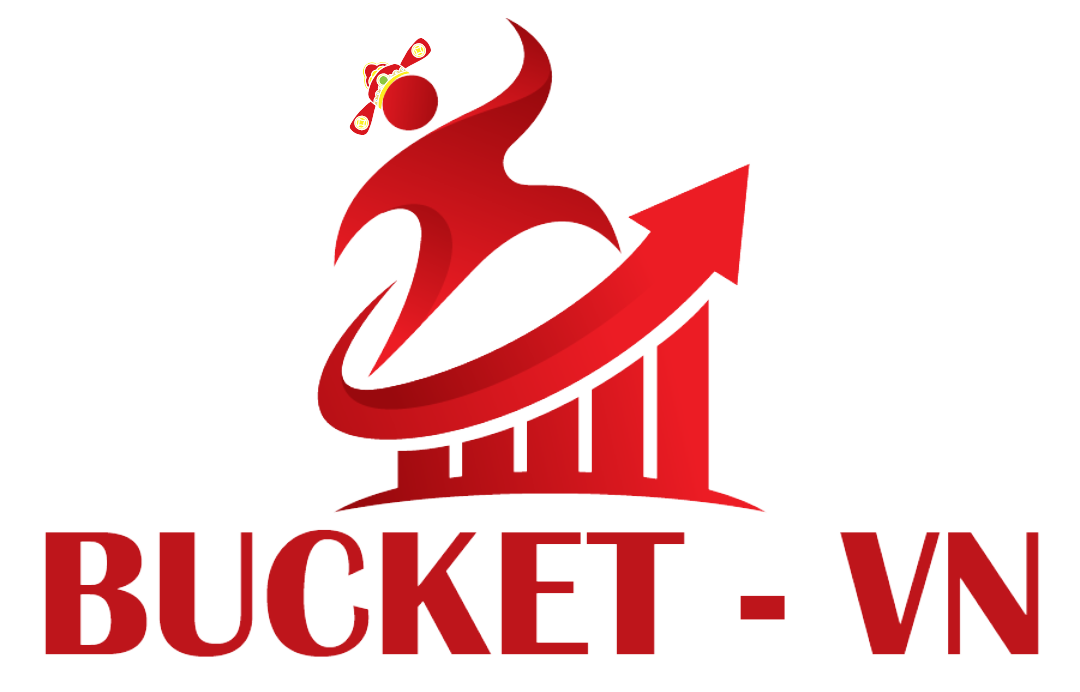


 Tiếng Việt
Tiếng Việt

